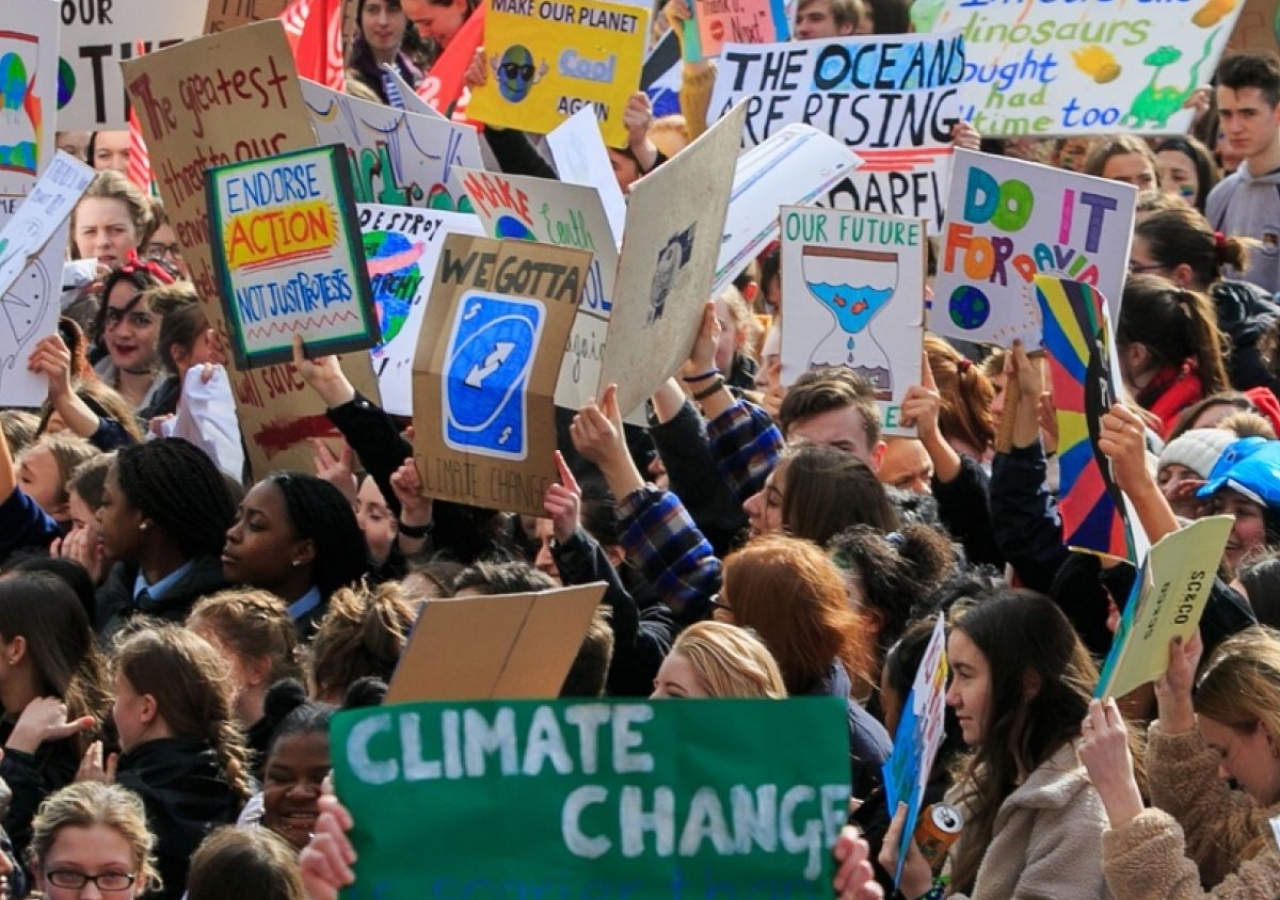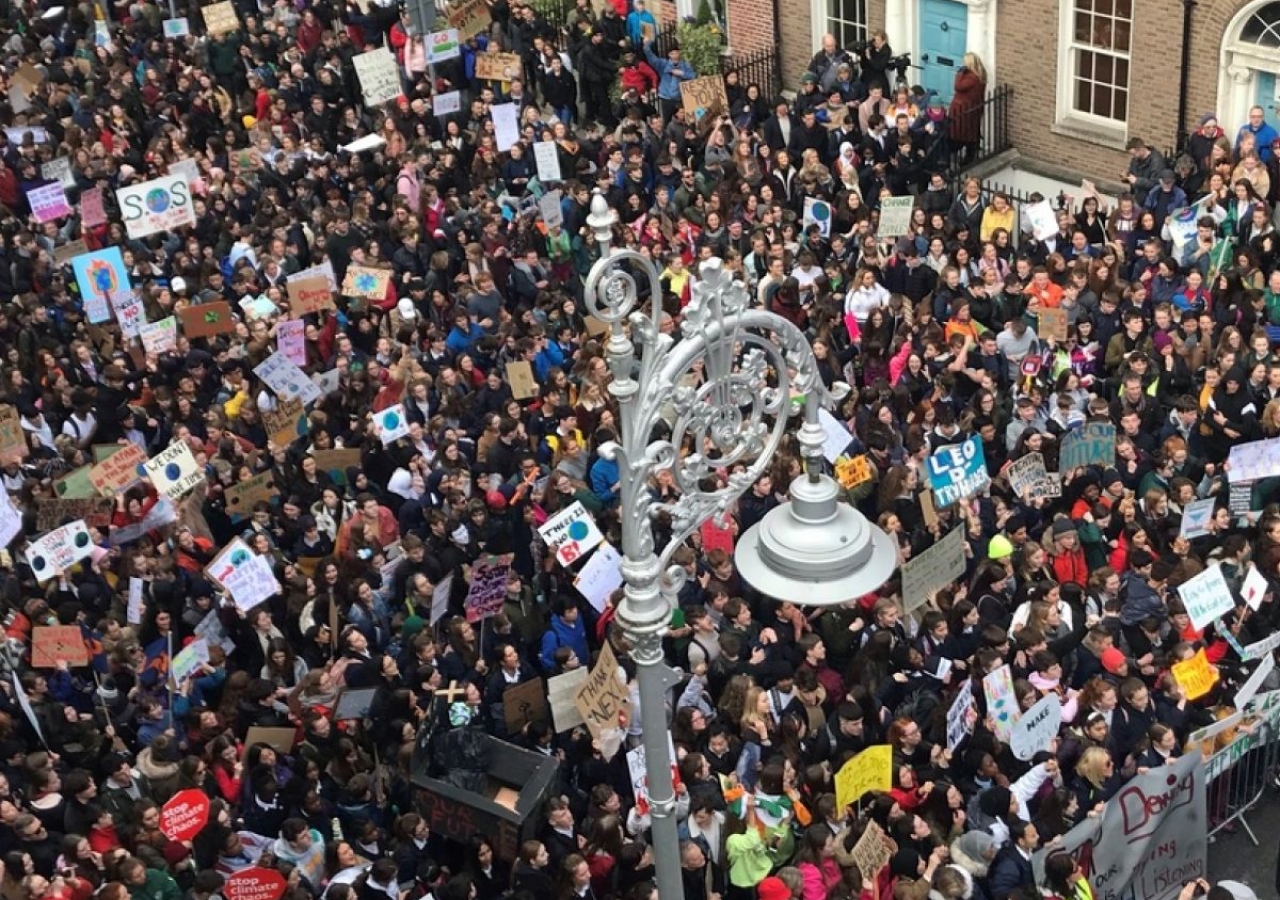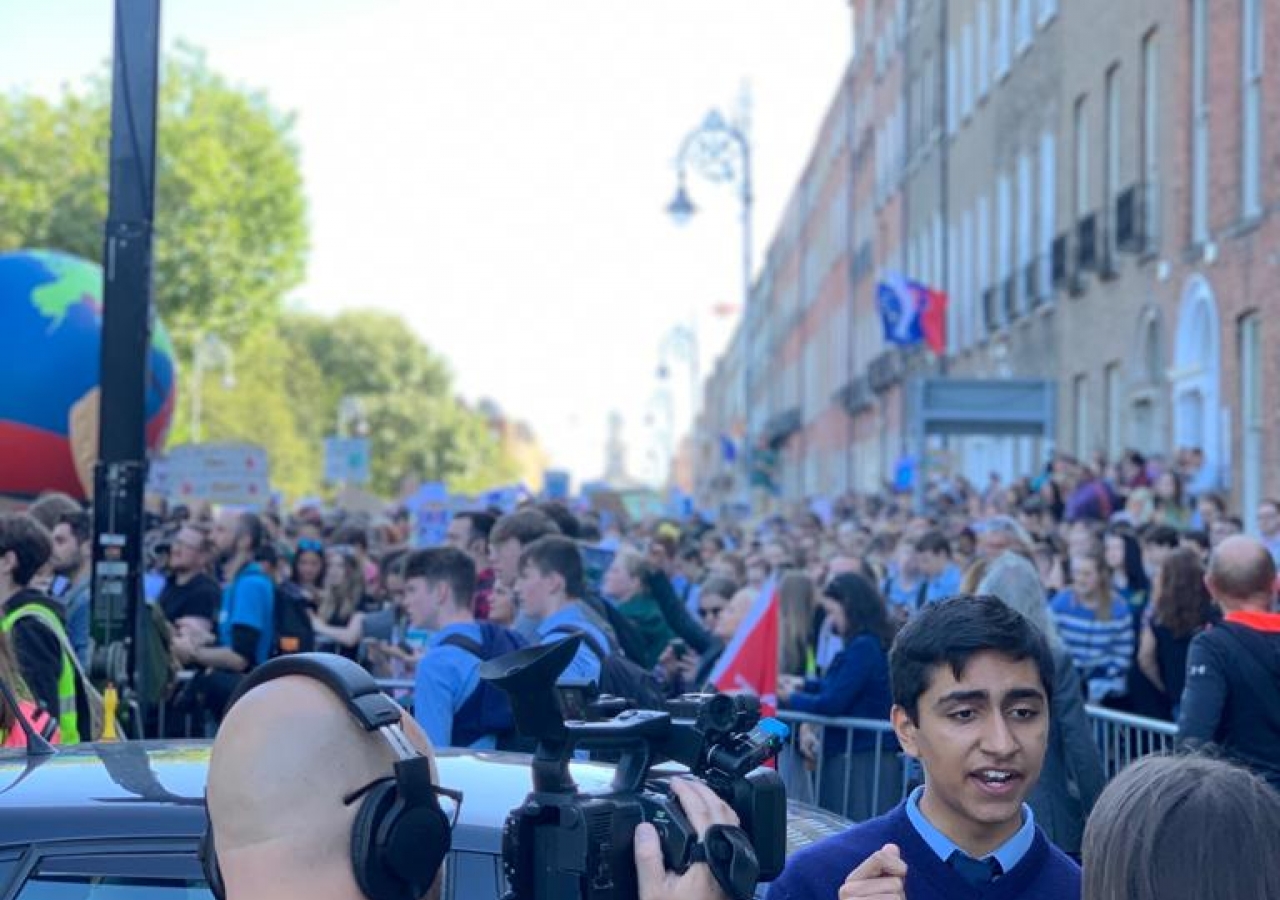I was sitting at the breakfast table when I overheard this statement over the radio. We used to have 12 years to halve our carbon release. To do this, we would have had to halve the petrol and diesel cars off the road; halve the coal, gas and oil power stations closed; halve carbon emitting flights made. All in 12 years. At first, I disregarded it, as impractical & infeasible. However, I was still curious, so I started researching.
Post 2030, climate change will cost $2-4 billion, annually and post-2030, 250,000 people will die due to direct symptoms of climate variations, including flooding, drought and extreme heat. The fact I was most surprised to find is that before the turn of the century, my hometown will be underwater.
Upon realising that this is an emergency, one that requires immediate action, I began taking steps to reduce my carbon footprint drastically. Recycling everything, donating rather than throwing away clothes, eating less red meat, everything that makes a difference. Yes, it was a start, but it didn’t make the difference needed. The climate emergency is still a massive problem where millions are going to die within my lifetime.
We are currently dealing with the biggest threat to humanity during our existence so far. What will it take for the population to take climate change seriously?
I read about a young Swedish girl who spent her Friday afternoons outside her country's parliament, striking for action on climate change. She has been, and still is, making a difference.
From that day onwards, I started planning my future as a climate change activist. On March 15th 2019, I had the opportunity to stand in front of 10,000 people at Dáil Éireann, the Irish parliament where I spoke the truth of the matter, the reality of inaction taken by the government. The students, who should have spent their valuable time learning about trigonometry and Shakespeare's Romeo & Juliet, held their placards and signs high. Demanding effort from our Taoiseach, we need the leaders in power to keep fossil fuels in the ground, and drastic change to current rules and regulations. The event was inspiring and I finally felt as though the people had the power. We were making a difference.
On September 20th, 2019, I stood on the very same stage, asking the very same thing. Around 30,000 strikers across Ireland protested the lax and negligent laws that are in place. When, as a nation, you rank the worst for emissions per capita, you realise that change is needed.
It is crucial. It is necessary. It is inevitable.
“Climate change is a major threat to much of the developing world, and it needs to be looked at with great care,” Mawlana Hazar Imam says, listing it as the first thing to tackle when dealing with poverty in the developing world.
Whether the Irish government will take the steps needed to have a livable future for the next generation, is still to be debated by parliament. And until I can go to school, without the worry of a mass extinction event caused by humans over my head, I shall continue to strike.
If you feel similarly, like you want to push for government action on climate change, writing to your local member of parliament, creating social awareness, and above all else, attending climate strikes locally are great ways to make a difference.
One day, we as a society will be able to say we overcame this threat. One day.









